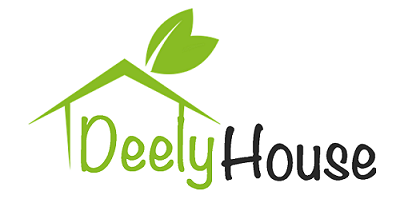Home equity is a beneficial funding source for a variety of projects. Homeowners choose to use their equity for renovations, upgrades, and to address depreciation of value. Exploring vital details about using home equity helps owners decide what opportunities need their current financial demands.
Property Owners Must Have Qualifying Credit Scores
Just because the property owner has paid 80% of their mortgage, it doesn’t guarantee that they will get a home equity loan or line of credit. Lenders review the individual’s credit scores and debt-to-income ratio. To access their home equity, the borrower must have a credit score of at least 680, and their debt ratio cannot exceed 43%. Qualifying for the loan or credit line may require the property owner to make changes and pay off some debts before applying.
They are Restrictions on Using Equity
Before anyone can tap into their equity, they must have at least 80% equity. The borrower must have a stable work history and provide evidence of their income, and their income must cover the monthly payments and their current expenses. If the lender cannot establish affordability for the customer, the lender cannot provide the loan or credit line.
Lenders Don’t Track How You Use the Money
The advantages of using equity for projects start with a more hands-off approach by lenders. It isn’t necessary for the homeowner to explain to the lender why they want the funds, and the lender will not track how the owner spends the money. It’s their equity, and the homeowner can use it however they choose. Property owners can find more details available from Dustin Dimisa about tapping into their equity and using to efficiently.
The Repayment Periods Aren’t All the Same
The repayment periods for a home equity loan and a home equity line of credit are not the same. In fact, the products do not work the same. With a home equity loan, the borrower gets one lump sum payment. Once they accept the loan, the borrower cannot get more money. The homeowner has up to 15 years to pay off the loan and restore their equity.
With the home equity line of credit, the owner has access to 80% of their equity over a period of ten years. They have up to 20 years after the borrowing period to repay the line of credit.
You Cash Out and Refinance
An alternative option is a cash-out refinance where the owner cashes out their equity and restart their entire mortgage. The option gives them all the funds they need for home improvement projects and a lower interest rate for the mortgage. However, the homeowner must qualify according to the mortgage they choose.
Property owners use equity for a myriad of projects including renovations, emergency home repairs, and even debt consolidation. Accumulating equity helps the property owner access a funding source that is secured by their home. If they have a solid history with their lender and maintain their credit scores, the individual faces no issues when tapping into their equity. Homeowners can learn more about using home equity by contacting a lender now.

